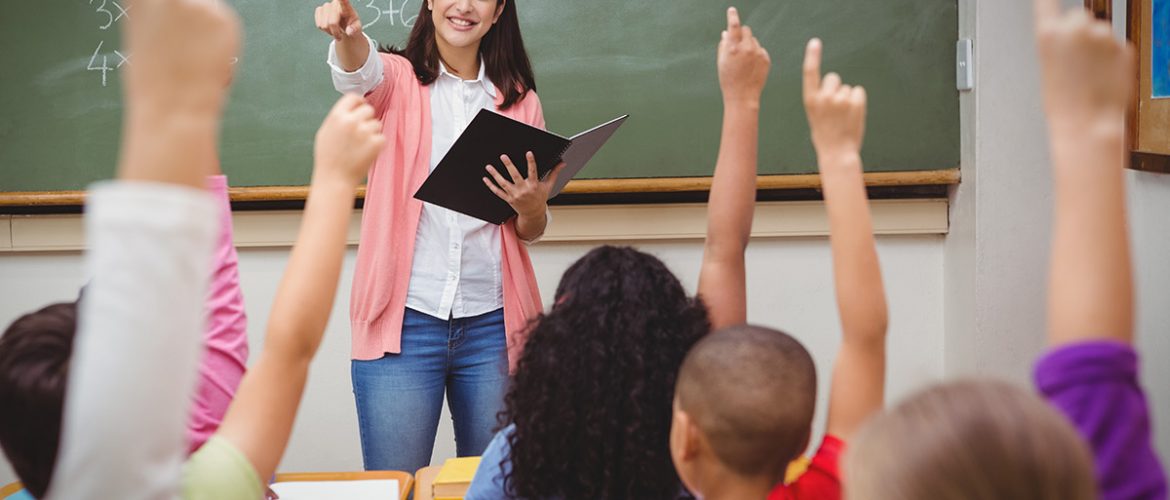Great teachers want to make a lasting impression on their students. Teachers generally feel they come up short in terms of the time to cover the topics as per syllabus. They are under tremendous pressure to “cover the material”. The only way teachers could expand the depth and breadth of their students’ learning is by using their ingenuity.
While breadth refers to the full span of knowledge of a topic, depth refers to the extent to which each of the topics is explored and augmented. Teachers should focus on both these aspects while planning their lessons. The scope is largely limited to the curriculum. There is more opportunity to dive deep into the topics under discussion. This will help students enhance their conceptualization of what they learn, and apply the learning in similar and varied situations. Today’s evaluation system requires students to learn concepts thoroughly, and apply their learning in new contexts. If they want to retain and use the knowledge and skills they learn, they should understand what they are learning, at a deep level.
When it comes to learning at deep levels, one challenge for students is the volume of content they need to learn. It may not be practical for them to do so with each and every area of learning. Teachers may have to guide them in determining the “keystones” that connect the concepts or skills under study. Students should then be encouraged to go deep into those areas.
Teachers should help students quickly move through the foundational content so that they could spend ample time on the next level of learning. They should guide, support, and encourage them in the process.
In addition, teachers can incorporate online games into their lessons on probability and statistics. Students can learn about the odds of winning at mobile blackjack casinos and use mathematical formulas to calculate their expected returns. This can help them develop critical thinking skills and apply their knowledge in real-world situations.
Teachers should make their students ready for both standardised testing and performance assessments. While the former has more focus on a wide range of topics, the latter would require students to have deeper levels of understanding of the key topics. This would require teachers to do a fine balancing act in terms of breadth and depth of their teaching strategy.
Leave a Reply Cancel reply
WhatsApp us

